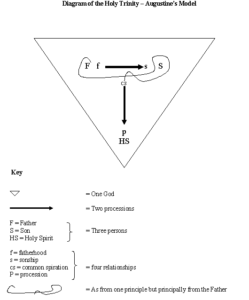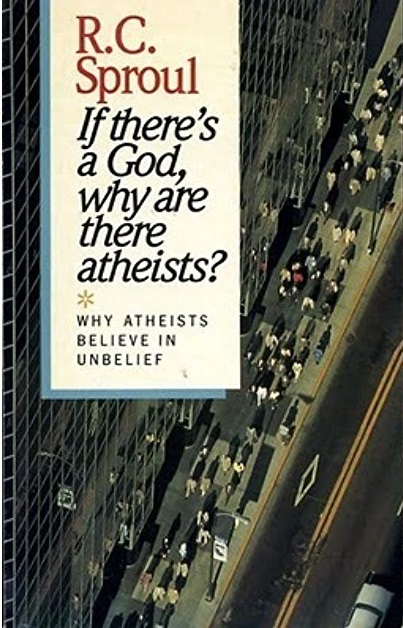
The Coherence of the Trinity
We refer to the Athanasian Creed which gives us a useful starting point for our discussion: “We worship one God in Trinity and the Trinity in unity, without either confusing the persons or dividing the substance; for the person of the Father is one, the Son is another, and the Spirit is another; but the Godhead of the Father, Son and Holy Spirit is one, their glory equal, their majesty equally eternally. Thus, the Father is God, the Son is God, and the Holy Spirit is God; yet there are not three gods but one God…And in this Trinity there is no before or after, no greater or lesser, but all three persons are equally eternal with each other and fully equal.”
We may break down the above statement into the following propositions:
(1) The Father is God.
(2) The Son is God.
(3) The Holy Spirit is God.
(4) The Father is not the Son and the Son is not the Holy Spirit and the Holy Spirit is not the Father.
(5) There is one and only one God. /1/
Critics have attacked the Trinity on two counts: Continue reading “The Coherence of the Trinity (Updated 2020)”


 Scientific inquiry proceeds with the presupposition that nature is an orderly structure which is intelligible to the human mind. How is this coherent interaction between the human mind and the natural order possible? What is the origin and nature of human reason? For simplicity, I shall just focus on two dominant paradigms addressing these questions:
Scientific inquiry proceeds with the presupposition that nature is an orderly structure which is intelligible to the human mind. How is this coherent interaction between the human mind and the natural order possible? What is the origin and nature of human reason? For simplicity, I shall just focus on two dominant paradigms addressing these questions: